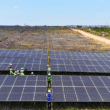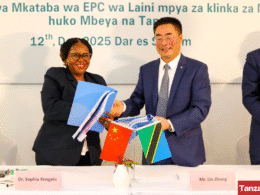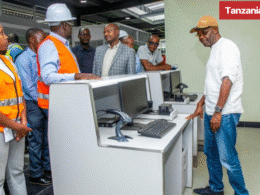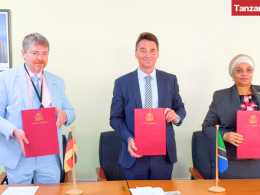President Jakaya Kikwete of Tanzania is optimistic that, by making educational improvements to the Tanzania engineering programs, the country will be able to double the amount of engineers it produces annually from 500 to 1,000 in only a few years’ time.
President Kikwete, who spoke at the 6th annual Tanzania Engineering day on September 5, said that these improvements in Tanzania engineering will move the country in the direction of improved in socio-economic development.
The total population of Tanzania currently stands at 40 million people, approximately 8,000 of which are engineers.
This creates a ratio of one engineer to every 5,000 people, compared with Japan where there is a ratio of one engineer to every 54 people.
“Our aim in the coming future is to produce 100,000 engineers per year,” said president Kikwete, “We are currently producing 500 engineers per year while China produces 600,000 and India 300,000 annually.”
According to President Kikwete, improvements in education will lead to an increase in the number of engineers produced by Tanzania.
“Development is construction,” he said, “[and] a nation’s prospects of developing may as well be gauged by the number and quality of engineers that country produces.”
In order to increase the number of qualified engineers, President Kikwete said that the country needs to focus on making improvements in education, with special attention being given to secondary education.
In addition, President Kikwete said that, because Tanzania engineering programs are not typically popular among students, efforts should be increased to encourage students to study subjects relating to science.
“We have to take deliberate measures to ensure more students pursue science subjects in secondary schools,” said President Kikwete, “Secondary education is an onerous burden and we have to invest heavily in that area.”
To this end, because of the current need to invest heavily in education, President Kikwete announced that the Ministry of Education and to Vocational Training programs will continue to receive the highest budget allocation for many years to come.










